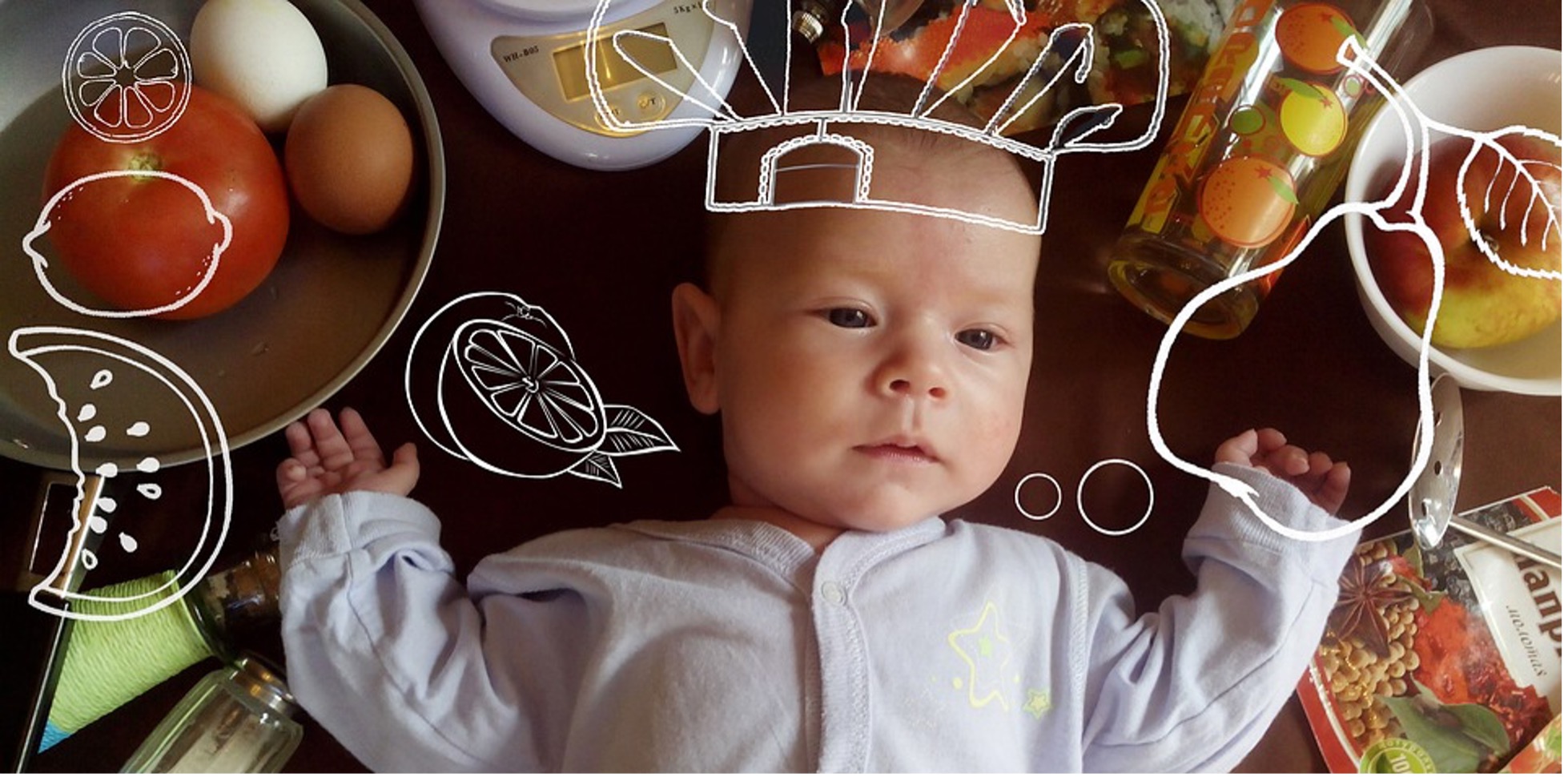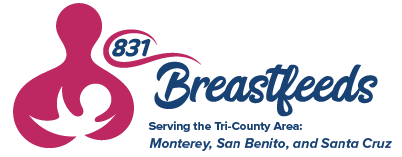
Making healthy food choices—along with regular physical activity—will keep you healthy while you breastfeed. Choose a variety of foods and beverages to build your own healthy eating style. Include foods from all food groups: fruits, vegetables, grains, dairy, and protein foods.
Try to:
- Make half your plate fruits and vegetables.
- Make at least half your grains whole grains.
- Move to low-fat or fat-free milk, yogurt, or cheese.
- Vary your proteins.
- You need more fluids while you are breastfeeding. Be sure to drink enough water to quench your thirst.
In addition to following the nutrition recommendations for the general U.S. population, parents who are breastfeeding and health professionals who support them should keep these special considerations in mind:
Supplements: Tell your doctor about any supplements/herbs you are taking. Ask if you or your baby need a multivitamin or mineral supplement, particularly vitamin D and iron. Many women continue to take prenatal supplements while breastfeeding even if unnecessary. Health care providers should consider this when advising on supplementation during breastfeeding.
Increased needs for folate, iodine, and choline: It’s possible to meet increased folate needs by eating plenty of dark green vegetables and beans, peas, and lentils. Those who don’t regularly consume dairy products, eggs, seafood, or use iodized table salt may not consume enough iodine to meet increased needs. Health professionals shouldn’t encourage anyone to start using table salt, but they should recommend mothers check that any table salt they’re already using is iodized. In addition, most who are breastfeeding don’t meet recommended intakes of choline. Food sources include eggs, meats, and some seafood — as well as beans, peas, and lentils. Some may also need supplements containing iodine and/or choline to achieve adequate intake.
Weight management: It’s important to balance the additional calories needed for milk production with the goal of returning to a healthy weight in the postpartum period. It's important to focus on eating healthy while you're breastfeeding. Slow weight loss over several months is safest. Check out the California Department of Public Health webpage on Healthy Weight for Healthy Birth and Beyond for more information.
Increased energy needs: For those with a healthy prepregnancy weight, estimated energy needs during the first 6 months of lactation are about 330 calories higher compared to prepregnancy energy needs. This increases to 400 calories during the second 6 months of lactation. Health professionals should tailor guidance on energy needs to each individual, considering factors such as prepregnancy weight status and gestational weight gain. It’s also important to encourage nutrient-dense food choices as part of a healthy dietary pattern.
Seafood: Health professionals should encourage mothers who are breastfeeding to consume at least 8 and up to 12 ounces of a variety of seafood per week, from choices lower in methylmercury. The U.S. Food and Drug Administration (FDA) and the U.S. Environmental Protection Agency (EPA) provide joint advice regarding seafood consumption to limit methylmercury exposure for those who might become pregnant — or those who are pregnant or breastfeeding.
Vegan diets: Breastfed infants of women who do not consume any animal products may have limited amounts of vitamin B12 in their bodies, increasing the infant’s risk of vitamin B12 deficiency, which can result in neurological damage. Iron may also be of concern as plant source foods only contain non-heme iron, which is less bioavailable than heme iron. The American Dietetic Association recommends vitamin B12 supplementation during pregnancy and while breastfeeding for mothers who eat vegan or vegetarian diets. Health care providers should work with lactating individuals eating a vegetarian or vegan diet to determine if they also need supplementation of iron and other nutrients such as choline, zinc, iodine, or omega-3 fats (EPA/DHA).
BABY MAY REACT TO FOODS YOU EAT
Babies love the flavors of foods that come through your milk. Sometimes a baby may be sensitive to something you eat, such as eggs or dairy products like milk and cheese. Watch your baby for the symptoms listed below, which could mean that your baby has an allergy or sensitivity to something you eat:
- Diarrhea, vomiting, green stools with mucus or blood,
- Rash, eczema, dermatitis, hives, dry skin,
- Fussing during and/or after feedings,
- Crying for long periods,
- Sudden waking with discomfort, or
- Wheezing or coughing.
These signs do not mean your baby is allergic to your milk, only sensitive or allergic to something that you ate. You may need to stop eating whatever is bothering your baby or eat less of it. Work with your doctor and/or lactation consultant to help you make a plan as you continue breastfeeding. You may find that after a few months you can eat the food again with better results.
